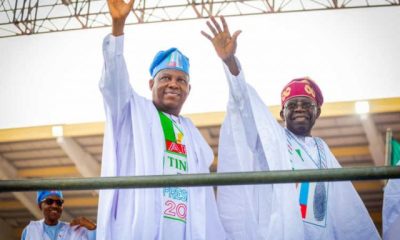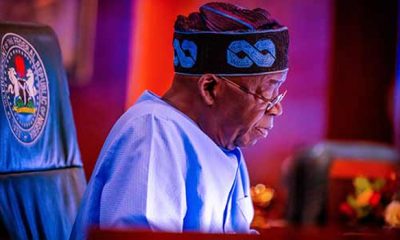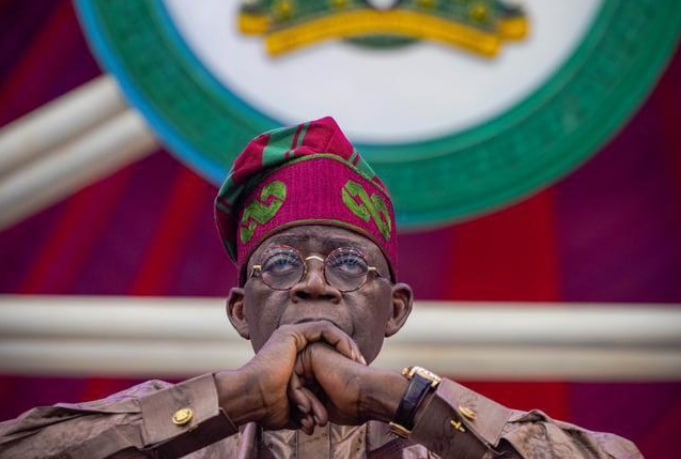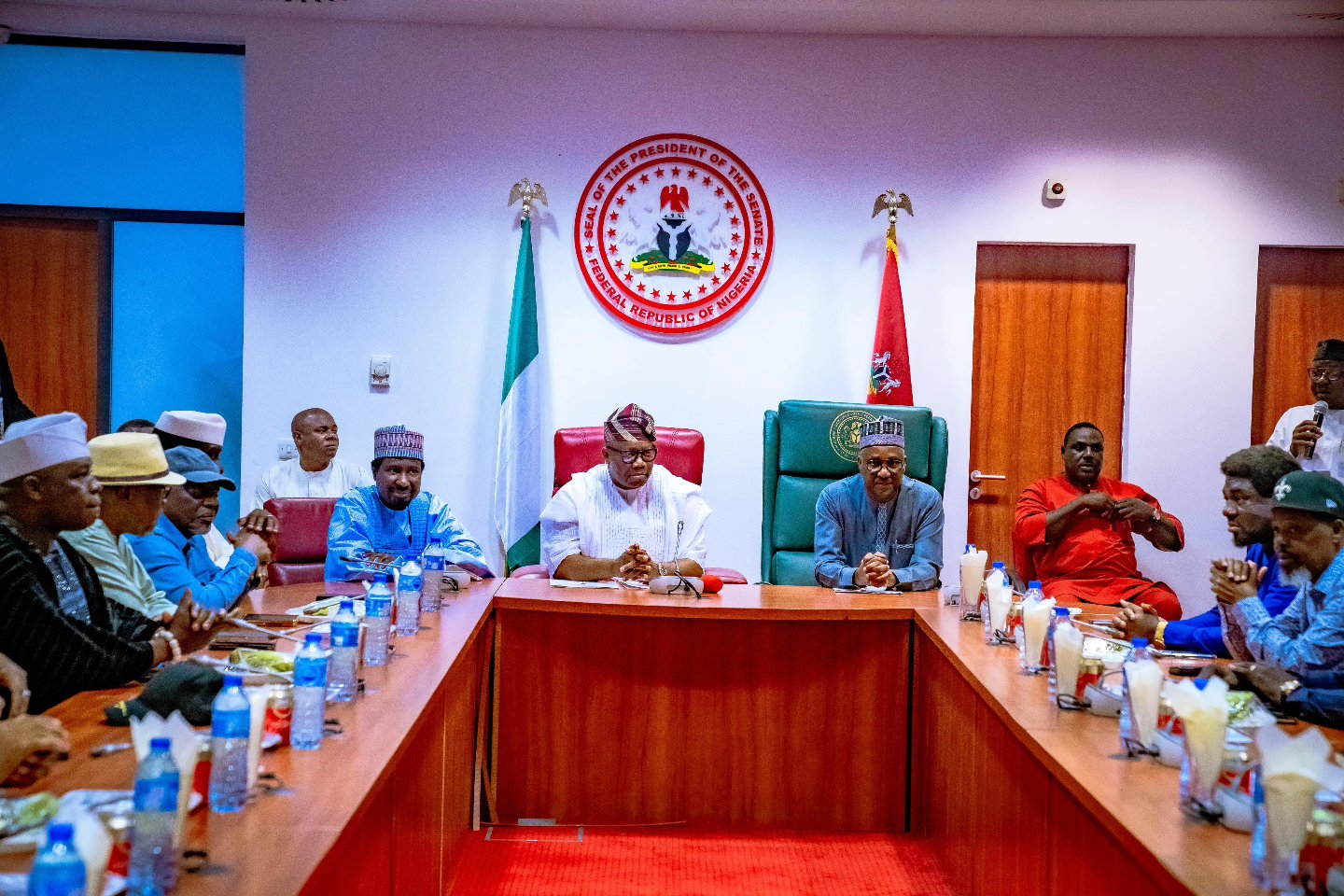News
All You Should Know As Tribunal Reserves Judgment In Atiku/Obi Petitions – Full Details
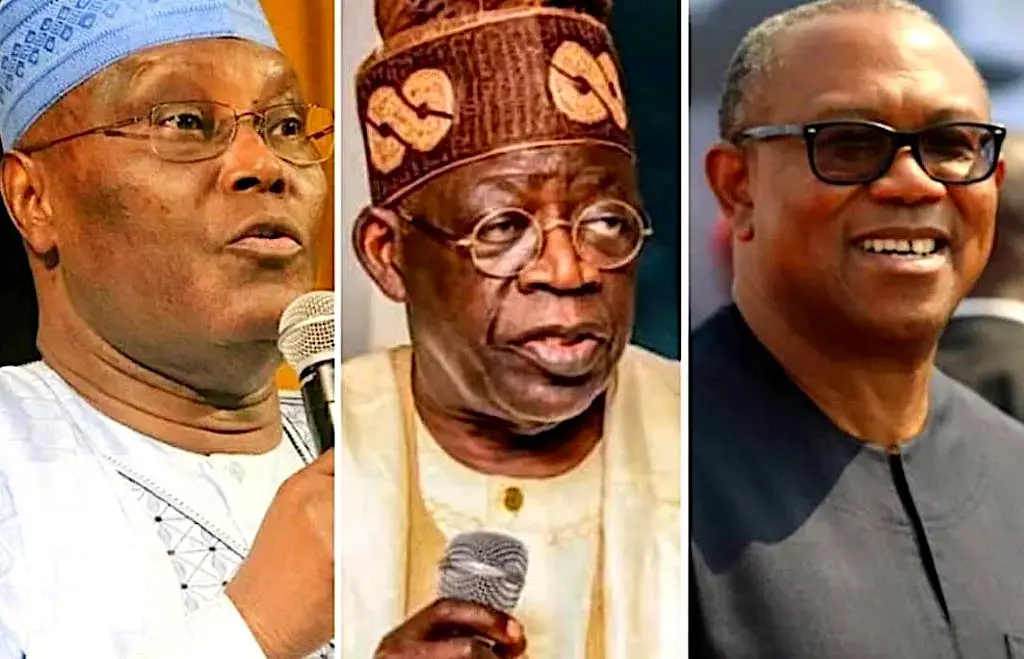
EKO HOT BLOG reports that the Presidential Election Petitions Court (PEPC) yesterday said it would deliver judgment on the petitions by Atiku Abubakar/the Peoples Democratic Party (PDP) and Peter Obi/the Labour Party (LP) on a date to be announced later.
Justice Haruna Tsammani, the court’s Presiding Justice, stated this after lawyers to petitioners and the respondents adopted their final written addresses and made their last submissions.
EDITOR’S PICKS
- BREAKING: Tinubu Appoints Special Investigator To Probe CBN
- BREAKING: ECOWAS Imposes No Flight Zone On Niger Republic Over Coup
- JUST IN: Nnamdi Kanu Meets With Personal Doctor Outside DSS Facility In Abuja
The petition by Atiku and the PDP was taken during the court’s morning session which ended at noon.
Adoption of the petition by Obi and the LP was held during the afternoon session which ended at about 5:30 pm
Lawyers to the respondents – Abubakar Mahmoud (SAN) for the Independent National Electoral Commission (INEC), Wole Olanipekun (SAN) for President Bola Tinubu and Vice President Kashim Shettima, and Lateef Fagbemi (SAN) for the All Progressives Congress (APC) – prayed the court to dismiss the petitions for lacking in merit.
Mahmoud, Olanipekun and Fagbemi argued that the petitioners failed to prove their case with relevant evidence.
While adumbrating, Mahmoud argued that Atiku and Obi based their petitions on the wrong assumptions and on which they attempted to make a mountain out of a molehill
The INEC lawyer argued that the petitioners’ claim of non-compliance with the Electoral Act and other regulations and guidelines was based on their contrived belief that election results were collated electronically.
Mahmoud, who said INEC deployed manual collation for the election results, wondered why the petitioners failed to provide evidence to support their claim that there was electronic collation.
He added that the petitioners equally misunderstood the essence of the technical innovations introduced into the election process by claiming the existence of an electric collation system.
The INEC lawyer argued that the essence of uploading results to the INEC Results Viewing (IReV) portal was to enable the public to access them and not for collation.
Mahmoud argued that evidence, even from the petitioners, showed the election was properly conducted, adding that the over four hours glitch recorded during the transmission of the presidential election was a normal system error and not human interference as claimed by the petitioners.
Olanipekin described the petitioners’ contention that a candidate in a presidential election must score 25 per cent of votes in the Federal Capital Territory (FCT) to be declared a winner was absurd as it attempted to place voters in the FCT above other voters in the country.
He argued by a conjunctive reading and interpretation of the Constitution, that the FCT is taken as the 37th state of the country for a presidential election, adding that even if the election in the FCT was cancelled, that would not stop INEC from declaring a winner.
He added that if the requirement of 25 per cent votes was to be considered, Tinubu scored more than 1/4 of the 2/3 of votes recorded in the FCT.
Olanipekun argued that the two sets of petitioners abandoned their petitions by virtue of the final written addresses they submitted to the court.
Concerning the petition by Atiku and the PDP, Olanipekun said: “The petitioners have abandoned their petition in so far as the 2nd respondent (Tinubu) is concerned.”
He drew the court’s attention to page 7 of the petition where they formulated four issues for determination, pages 36 to 38 where they drew conclusions, and noted that there was nowhere the petitioners made any submission that would enure to their benefit.
“There is no line where they drew the court’s attention to the number of votes scored by the 1st petitioner (Atiku). The court is not a Father Christmas. The court cannot give to these petitioners because they did not ask in their written address,” Olanipekun said.
He argued that Obi and the LP had no final written address before the court because the one they submitted was wrongly headed as “reply to the final written address of the 2nd and 3rd respondents” (Tinubu and Shettima).
Olanipekun, who cited the recent decision of the Court of Appeal, Lagos division, which affirmed INEC’s discretion in the mode of transmission of results, argued that uploading of results to IREV plays no role in the collation of results, adding that collation is always physical and done manually.
Fagbemi, who described the petition by Obi and the LP as “ambitious,” argued that the issue of double nomination which they raised about Shettma had been effectively resolved by the Supreme Court in its judgment in the case by the PDP against INEC and others.
He faulted the petitioners’ claim that Tinubu was not qualified to contest the election, arguing that the civil forfeiture relied on by the petitioners did not qualify as a ground of disqualification under the Constitution.
Fagbemi noted that none of the petitioners provided alternative evidence to prove their claim that Tinubu did not attend Chicago State University or that the academic records that he tendered before the court were not authentic.
He added that the petitioners also failed to lead evidence that Tinubu had any criminal record in the United States.
“There is no evidence that a charge was filed, there is no evidence that there was arraignment, that there was trial and that there was conviction. In the face of the pleading, it was a civil forfeiture.
“The meaning of fine is not the same as forfeiture, which was purportedly pleaded as an indictment. In any event, it is over 30 years since the alleged incident took place,” he added.
On the petitioners’ claim that Tinubu has dual citizenship, he argued that the petitioners failed to prove their allegation of dual citizenship.
He argued that the Constitution provides that a person who is a Nigerian citizen by birth, like Tinubu, cannot be disqualified from contesting an election simply because he is a citizen of another country.
Responding, lawyer to Atiku and the PDP, Chris Uche (SAN) urged the court to uphold his clients’ petition and grant all reliefs sought, adding that they had led substantial evidence to ground their case.
He insisted that INEC failed to comply with the Electoral Act and other relevant regulations by failing to transmit the presidential election result to IREV in real-time from the polling units.
Uche argued that the glitch that INEC claimed disrupted its transmission of results was caused by human interference to enable them to manipulate the election results.
He further argued that a candidate needed to score 25 per cent of votes in the FCT before he/she could be declared the winner of a presidential election.
Lawyer to Obi and the LP, Livy Uzoukwu (SAN) also argued similarly and prayed the court to allow their petition and grant the reliefs as contained in it.
Uzoukwu faulted the respondents’ contention that, in the event of a rerun, Obi was excluded by the Constitution.
He argued that the election was manipulated, which accounted for why INEC supplied his clients certified true copies (CTCs) of blurred and unreadable result sheets.
Atiku, Obi, the vice presidential candidate of the LP, and Yusuf Datti-Ahmed were among the politicians who witnessed the proceedings.
FURTHER READING
- Details Of Atiku’s Meeting With PDP Leaders Revealed
- Politicians Are Using Ethnicity To Divide Nigerians – Peter Obi Speaks Out
- Again, U.S. Secretary Of State, Blinken Calls Tinubu Over Niger’s Political Saga
Click to watch our video of the week
Advertise or Publish a Story on EkoHot Blog:
Kindly contact us at [email protected]. Breaking stories should be sent to the above email and substantiated with pictorial evidence.
Citizen journalists will receive a token as data incentive.
Call or Whatsapp: 0803 561 7233, 0703 414 5611


